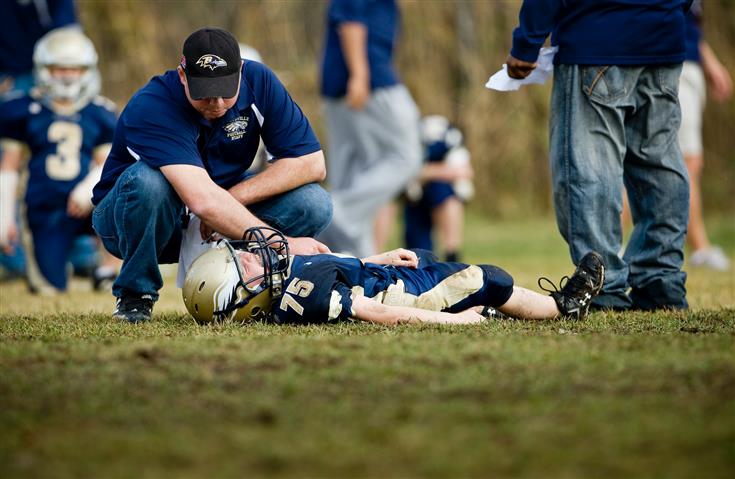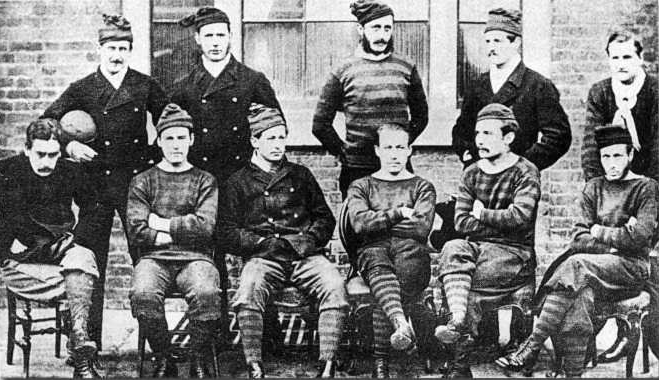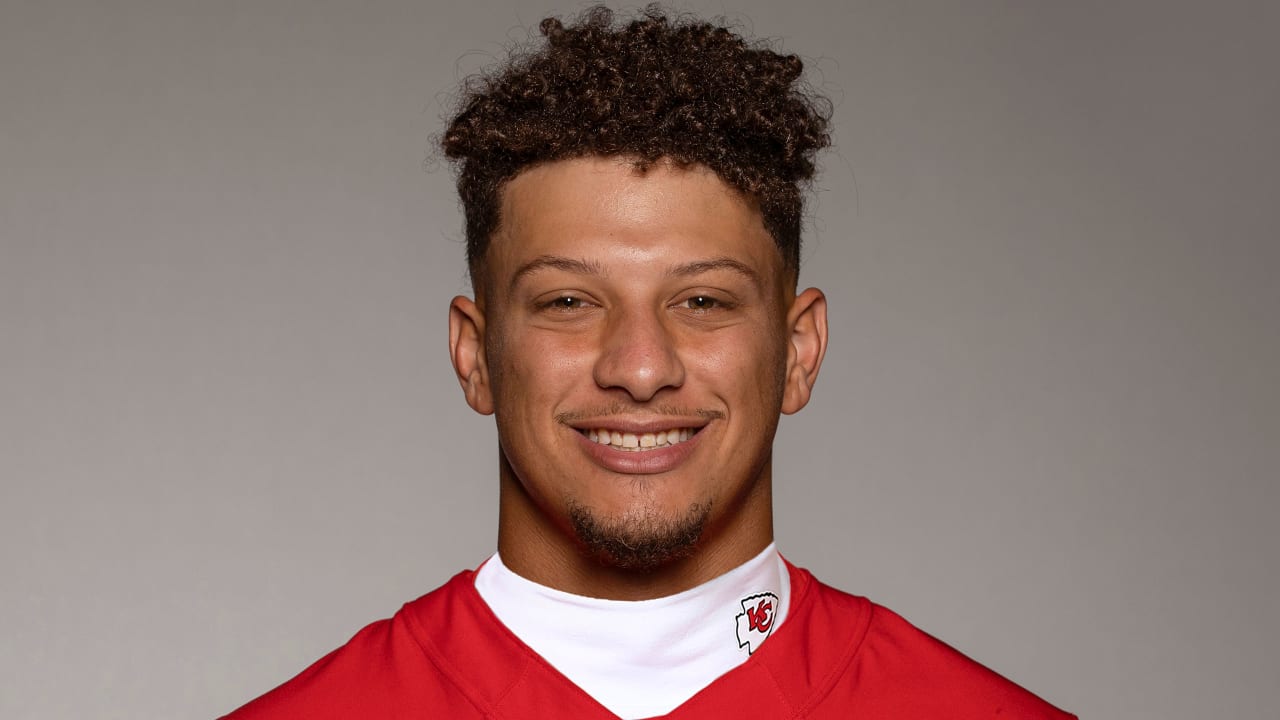The thrill of competition, the camaraderie of teammates, and the adrenaline rush of making that game-changing play are all part of the allure of American football. However, the sport’s demanding nature can sometimes lead to injuries, sidelining players and disrupting their athletic journeys. While injuries are an unfortunate reality in sports, the recovery process can offer an opportunity for personal growth, resilience, and a renewed appreciation for the game. Check out these strategies to recover faster from a football injury .

Seek Prompt Medical Attention
When a football injury occurs, seeking prompt medical attention is paramount. A thorough evaluation by a qualified healthcare professional can accurately diagnose the injury’s severity and determine the most appropriate treatment plan. This early intervention can help prevent further complications and accelerate the healing process.
Embrace the RICE Protocol
The RICE protocol is a cornerstone of injury management. Rest allows the injured area to heal without further damage, while ice application reduces inflammation and pain. Compression helps control swelling, and elevation promotes fluid drainage, further reducing discomfort.
Follow Physiotherapy Recommendations
Physiotherapy plays a crucial role in football injury recovery. A physiotherapist will assess the injury and design a personalized exercise program to restore strength, flexibility, and range of motion in the affected area. These exercises should be performed gradually and consistently to optimize recovery without re-injury.
Maintain a Healthy Diet
Nutrition is essential for a successful recovery. A balanced diet rich in fruits, vegetables, whole grains, and lean proteins provides the body with the nutrients it needs to repair damaged tissues and rebuild muscle. Adequate hydration is equally important, as it aids in nutrient transport and waste removal.
Prioritize Adequate Sleep
Sleep is crucial for the body’s repair and recovery processes. During sleep, muscles repair themselves, hormones that promote healing are released, and the overall stress on the body is reduced. Athletes should aim for 7-9 hours of quality sleep each night to optimize their recovery.
Practice Patience and Mental Resilience
Recovery from a football injury takes time and patience. Athletes should not rush the process or set unrealistic expectations for their return to the field. Instead, they should focus on making steady progress, staying positive, and maintaining mental resilience.
Seek Support and Guidance
The support of teammates, coaches, family, and friends can be invaluable during the recovery process. Athletes should not hesitate to reach out for emotional and mental support as they navigate the challenges of injury and rehabilitation.
Conclusion
Recovering from a football injury is a challenging yet rewarding journey. By following these strategies, athletes can optimize their healing process, regain their strength and fitness, and return to the field with renewed determination and appreciation for the sport. Remember, every injury is an opportunity for personal growth, resilience, and a deeper understanding of one’s body and its capabilities.




